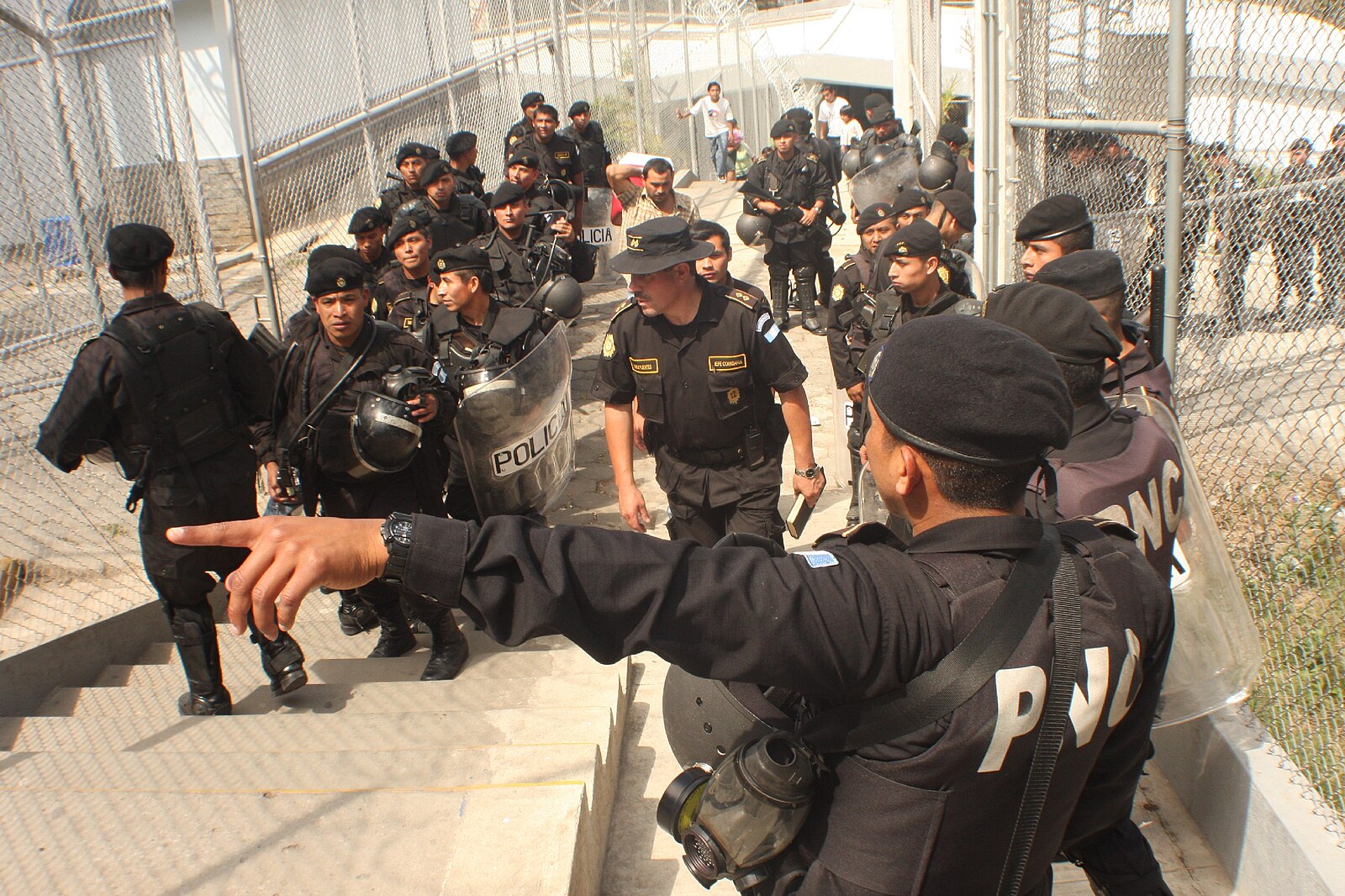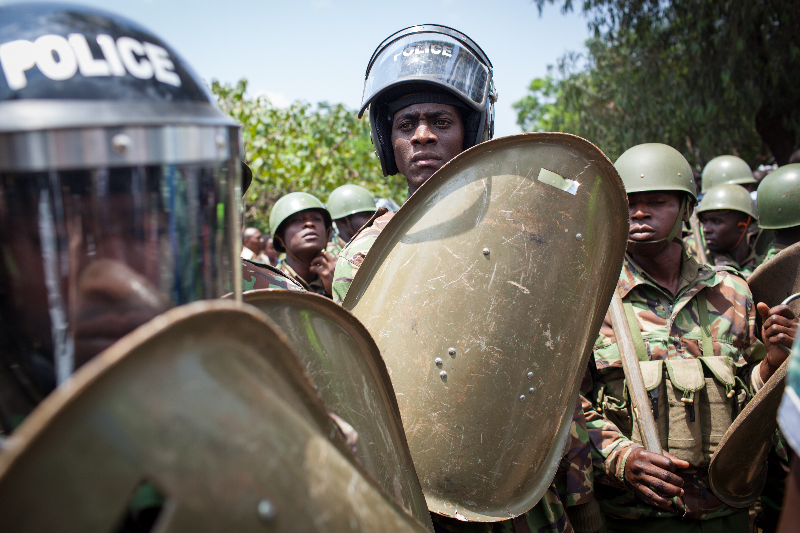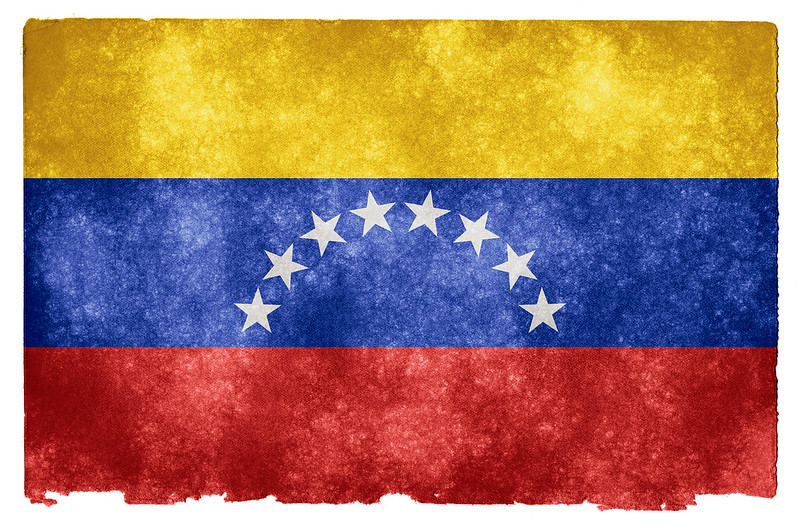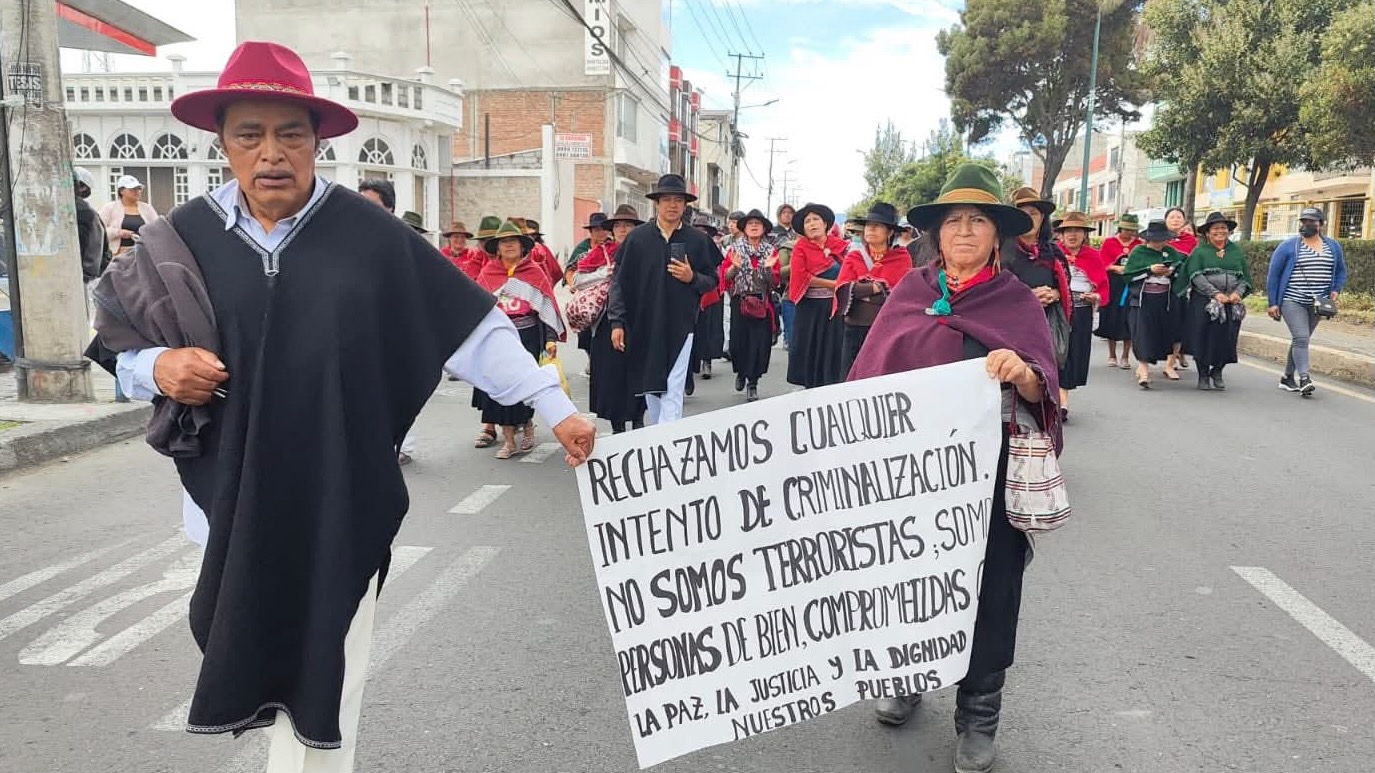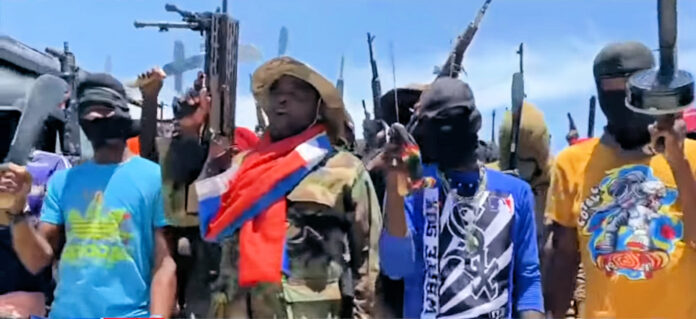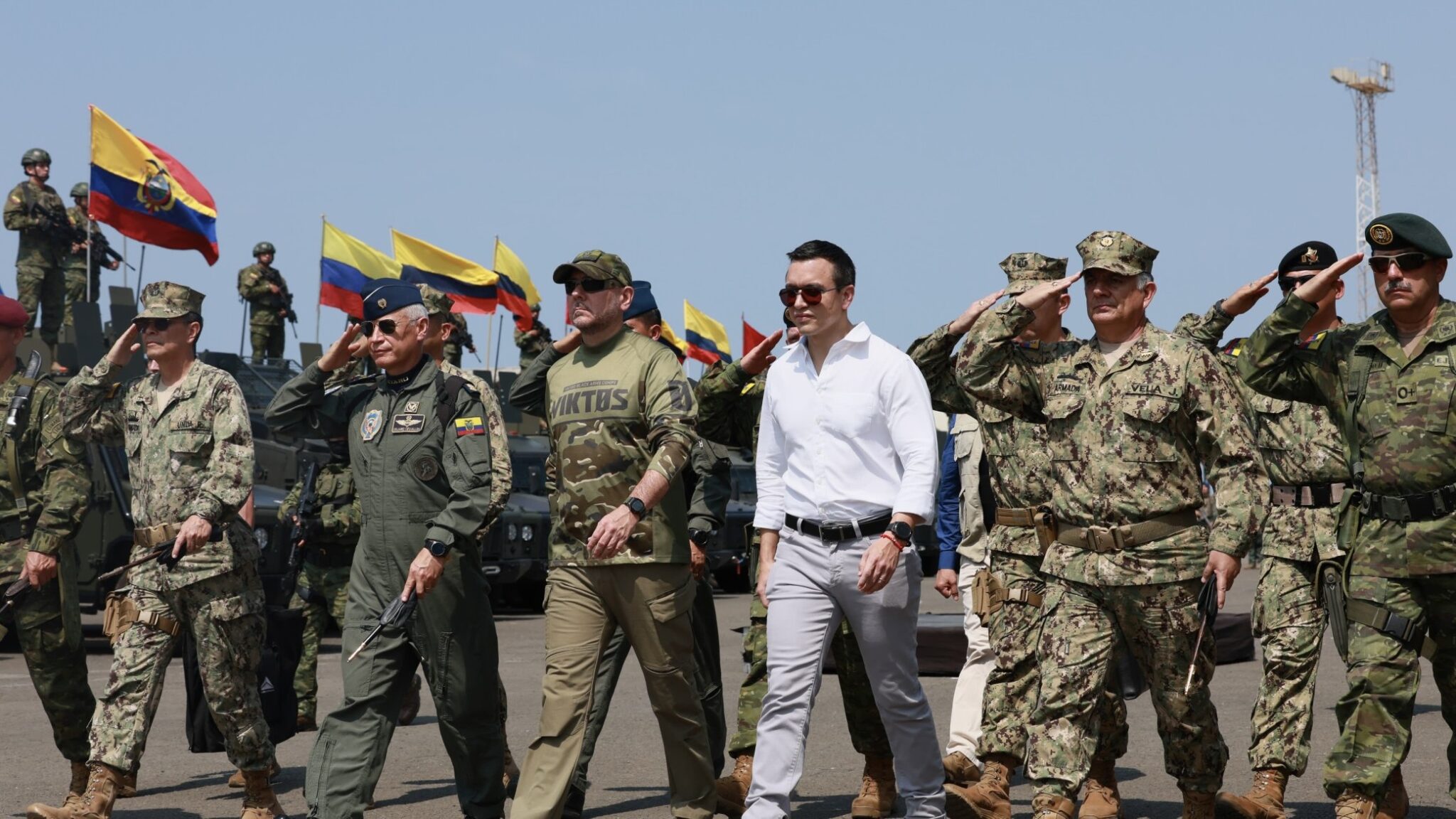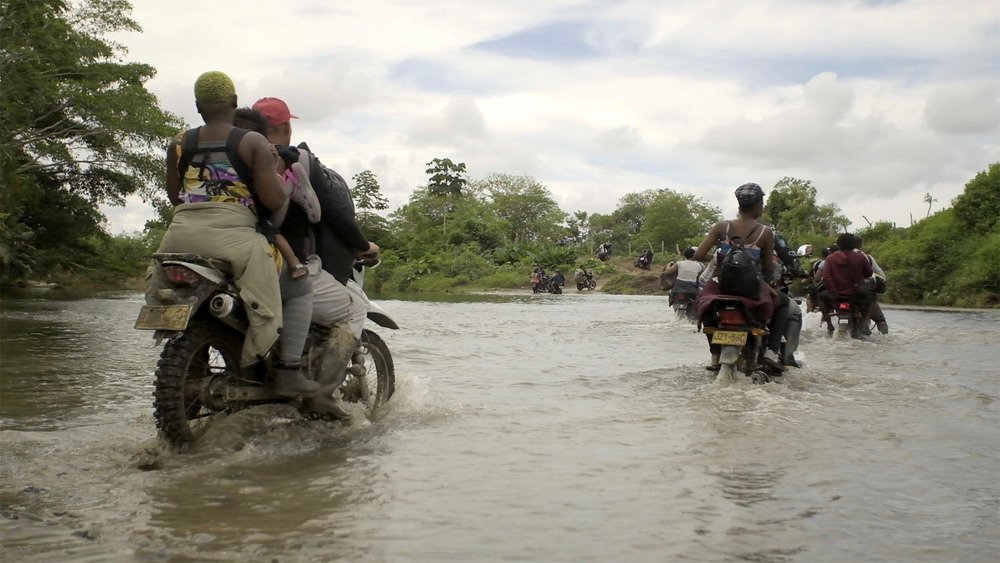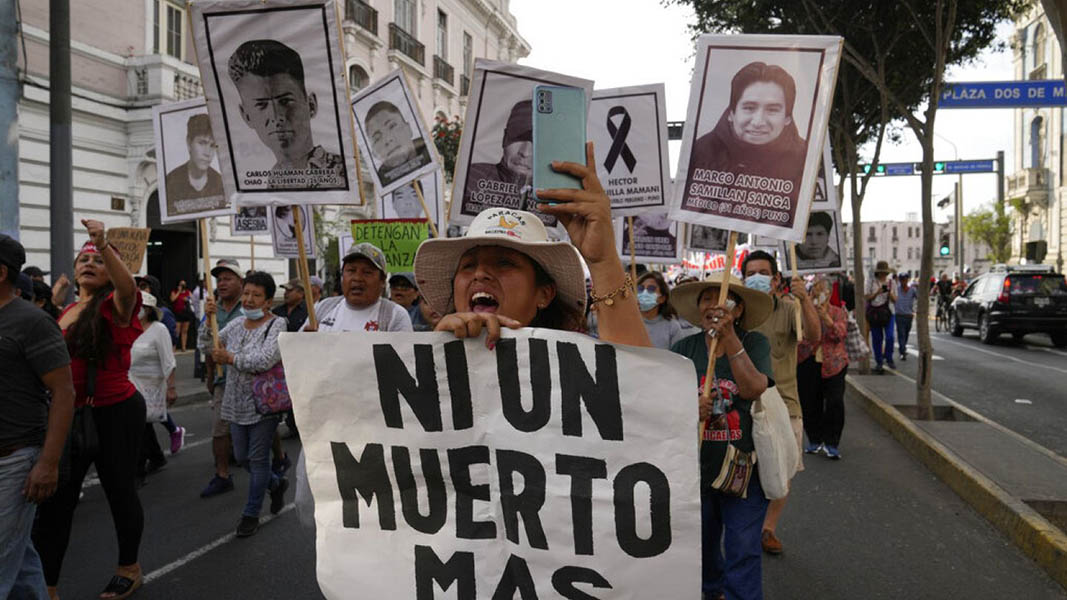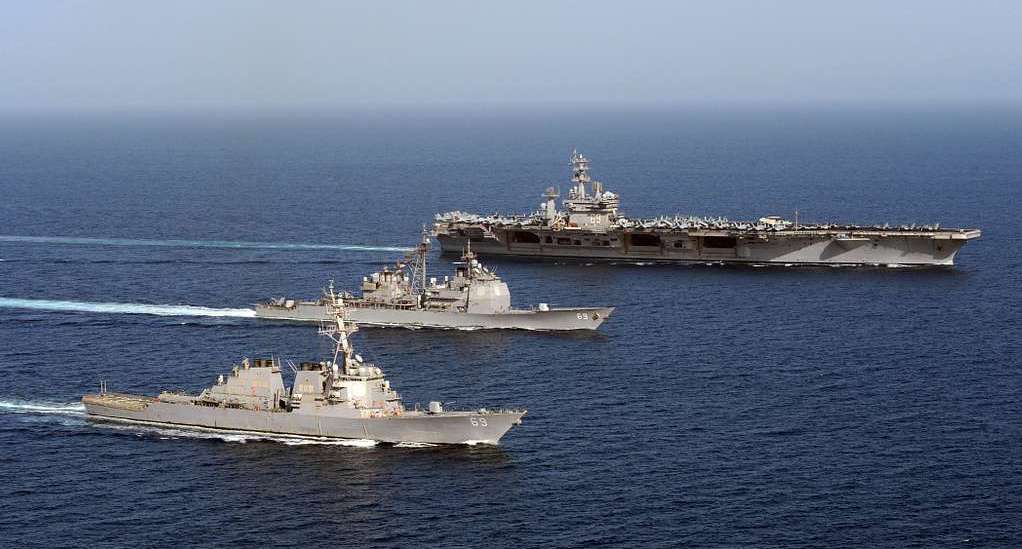
Potential war crimes seen in Trump’s Caribbean airstrikes
UN human rights experts raised concern over “repeated and systematic lethal attacks” by the US military against vessels in the Caribbean and Eastern Pacific, which they said could constitute war crimes under international maritime law. Three UN special rapporteurs stated that the attacks “appear to be unlawful killings” that lack any “judicial or legal process allowing due process of law.” They said that no efforts were made to “apprehend the individuals or provide concrete evidence about why they were lawful targets.” They further charged that the strikes were not motivated by “national self-defence,” and did not target “individuals posing an imminent threat to life.” The experts said that they had raised these concerns directly with the US government, calling for an immediate halt to the strikes, and an independent investigation. (Photo: US Navy via Latin America Reports)




